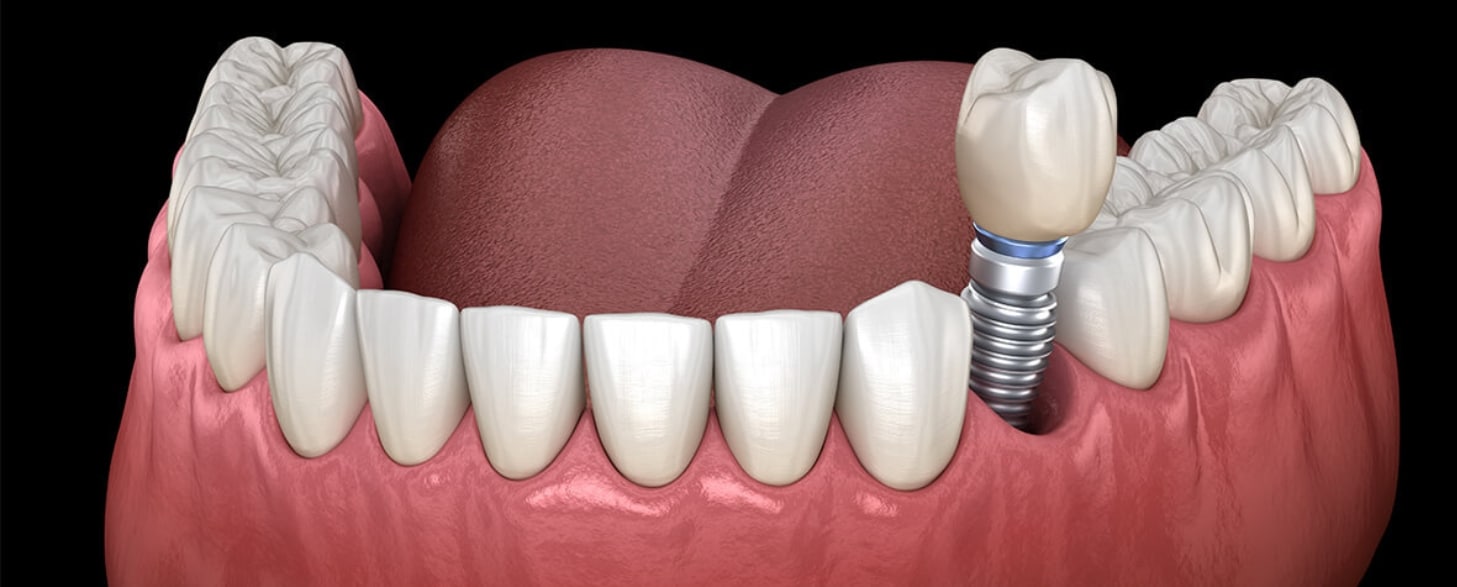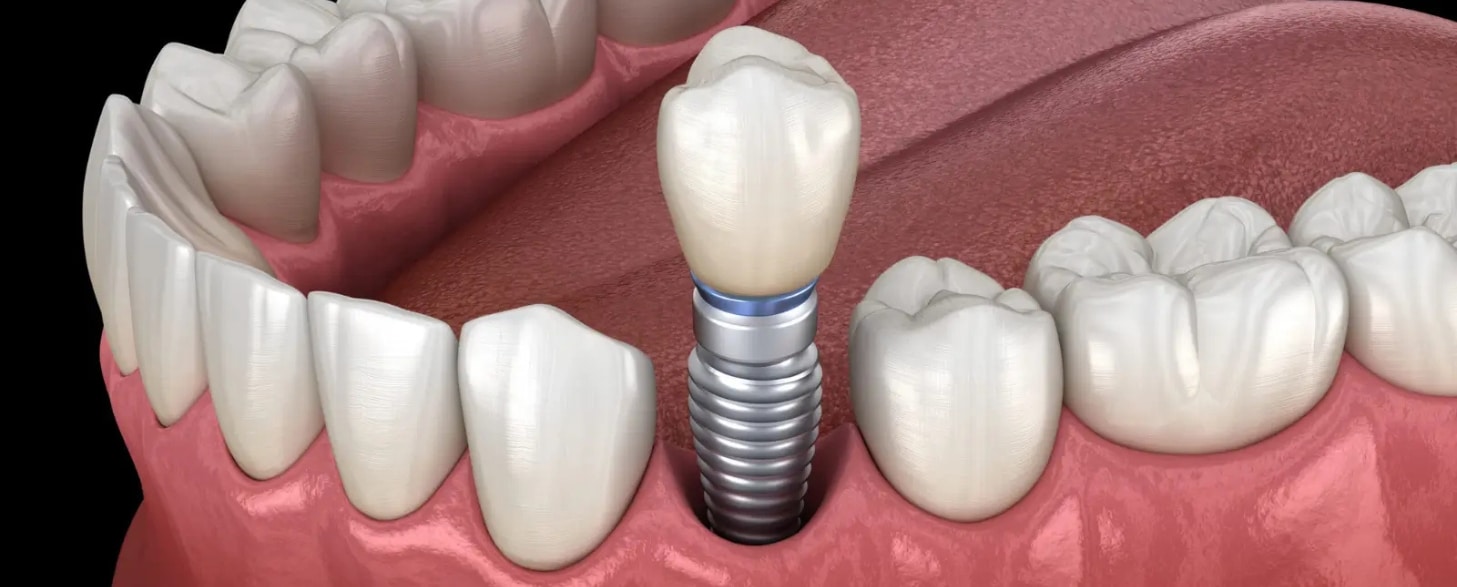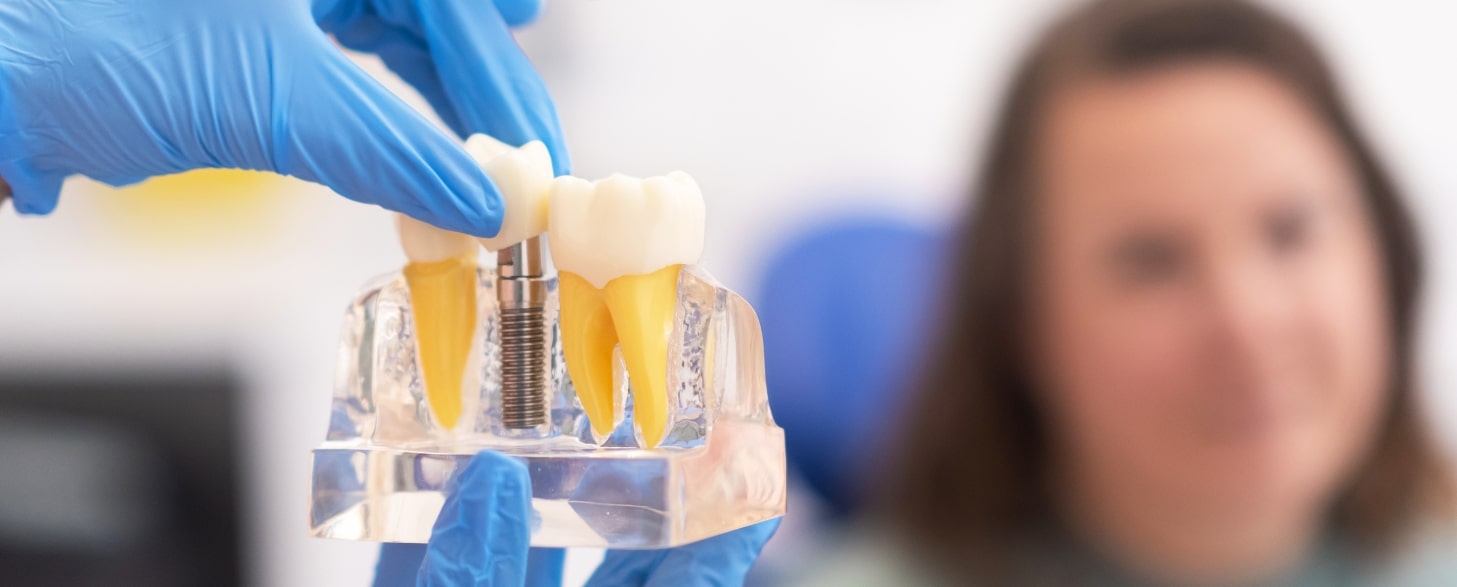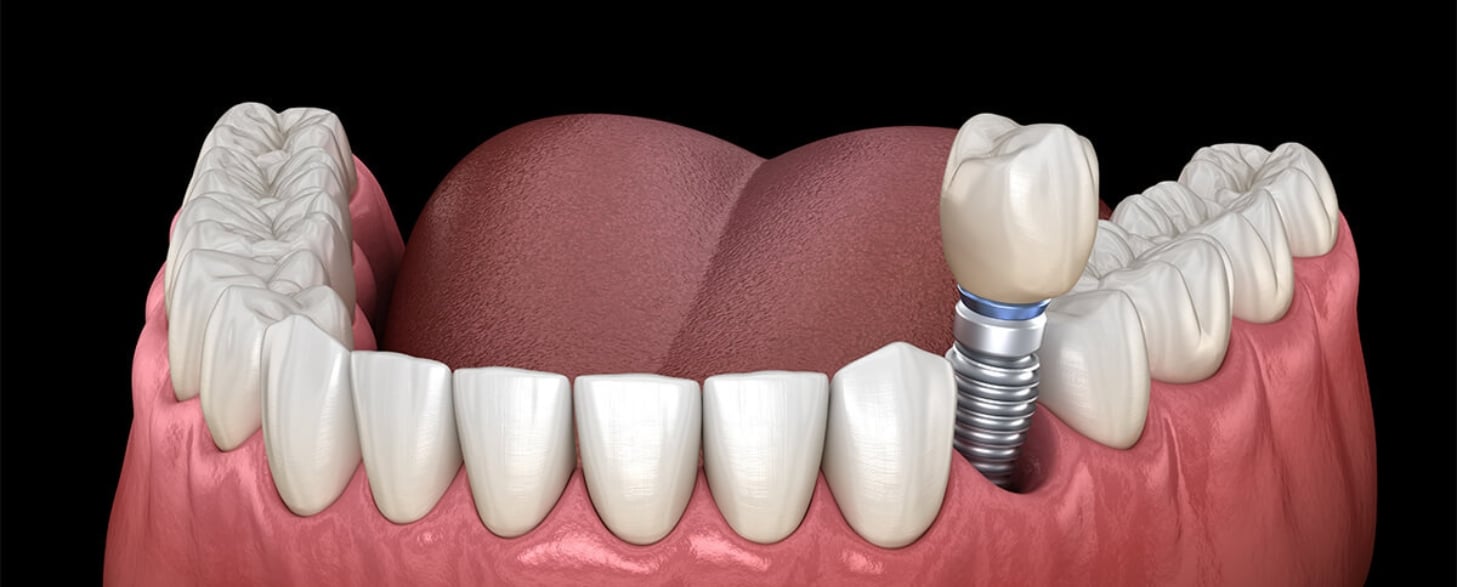How Many Days Should You Rest After Getting a Dental Implant?
San Antonio, TX

Dental implants are a popular and effective solution for replacing missing teeth, providing a durable and natural-looking option that can significantly improve both function and appearance. However, the success of this procedure heavily relies on proper aftercare and rest following the surgery. A common question patients have is: “How many days should you rest after getting a dental implant?” This comprehensive guide will delve into the importance of rest, factors affecting recovery, and tips for a smooth healing process.
What Is a Dental Implant?
Before discussing the rest period, it’s essential to understand what a dental implant is and how it works. A dental implant is a small titanium post that is surgically placed into the jawbone to serve as a replacement root for a missing tooth. Once the implant integrates with the bone through a process called osseointegration, a crown or bridge is placed on top to complete the restoration. This procedure typically involves several stages and requires careful post-operative care.
The Importance of Rest After Dental Implant Surgery
Resting after dental implant surgery is crucial for several reasons:
- Promotes Healing: Rest allows your body to focus on healing the surgical site and integrating the implant with the jawbone. Proper rest reduces the risk of complications and supports a quicker recovery.
- Minimizes Swelling and Discomfort: Adequate rest helps minimize swelling and discomfort. It also helps manage pain and prevents further strain on the healing tissues.
- Reduces Risk of Complications: Resting minimizes the risk of complications such as implant failure, infection, or delayed healing. It ensures that the surgical site remains stable and protected during the initial recovery phase.
Immediate Post-Operative Care
First 24-48 Hours
The first 24 to 48 hours following dental implant surgery are critical for your recovery. During this period, it’s essential to:
- Rest and Avoid Physical Activity: Limit physical activity to avoid putting stress on the surgical site. Engage in light activities and avoid strenuous exercises or heavy lifting.
- Apply Ice Packs: Use ice packs on the outside of your face to reduce swelling. Apply the ice in 15-minute intervals to manage discomfort and inflammation.
- Follow Dietary Restrictions: Stick to a soft diet to avoid irritating the surgical site. Avoid hot, spicy, or hard foods that could cause discomfort or damage the implant area.
- Maintain Oral Hygiene: Follow your dentist’s instructions for oral hygiene. You may need to use a special mouthwash or rinse to keep the area clean without disturbing the surgical site.
The Rest Period: How Many Days Should You Rest?
The First Week
During the first week after dental implant surgery, it’s crucial to rest and follow your dentist’s recommendations carefully. Most patients experience some level of swelling, bruising, and discomfort during this time.
- Physical Activity: Limit physical activities and avoid exercises that raise your heart rate. Gentle activities like walking are generally acceptable, but avoid high-impact sports or activities that could stress the implant site.
- Dietary Adjustments: Continue with a soft diet and avoid chewing on the side of the mouth where the implant was placed. Gradually reintroduce regular foods as you feel comfortable, ensuring that you do not disrupt the healing process.
- Pain Management: Take any prescribed pain medications as directed by your dentist. Over-the-counter pain relievers can also help manage discomfort.
Weeks 2-4
By the second week, you should start to feel more comfortable and see a reduction in swelling and bruising. However, it’s still important to continue resting and following post-operative care instructions:
- Gradual Return to Normal Activity: You can gradually resume more normal activities, but continue to avoid strenuous exercise or heavy lifting until you receive clearance from your dentist.
- Monitor Healing: Keep an eye on the surgical site for any signs of complications such as increased pain, persistent swelling, or unusual discharge. Contact your dentist if you have any concerns.
- Continue Good Oral Hygiene: Maintain good oral hygiene practices, including brushing and flossing, as directed by your dentist. Avoid the surgical site while brushing to prevent irritation.
Factors Affecting Recovery Time
Several factors can influence the duration and quality of your recovery after dental implant surgery:
1. Overall Health
Your overall health and medical history play a significant role in how quickly you recover. Individuals with underlying health conditions or compromised immune systems may experience a longer healing period.
2. Bone Density
The density and quality of your jawbone affect the success of the implant and the recovery process. Patients with lower bone density may require additional procedures, such as bone grafting, which can extend the recovery period.
3. Surgical Complexity
The complexity of the implant procedure also impacts recovery time. A simple single implant may heal more quickly than a full-mouth restoration or complex case involving multiple implants.
4. Adherence to Post-Operative Instructions
Following your dentist’s post-operative care instructions is crucial for a successful recovery. Adherence to guidelines on rest, oral hygiene, and dietary restrictions can significantly affect your healing time.
Tips for a Smooth Recovery
To ensure a smooth recovery after dental implant surgery, consider the following tips:
- Get Plenty of Rest: Adequate rest is essential for healing. Aim for at least 7-8 hours of sleep per night and avoid activities that could interfere with the healing process.
- Follow Dietary Guidelines: Stick to a soft diet and avoid hard, crunchy, or sticky foods that could damage the surgical site. Incorporate nutrient-rich foods to support overall healing.
- Stay Hydrated: Drink plenty of water to stay hydrated and support the healing process. Avoid alcohol and caffeinated beverages that can dehydrate your body.
- Use Medications as Directed: Take any prescribed medications, including pain relievers and antibiotics, according to your dentist’s instructions. Do not skip doses or alter the dosage without consulting your dentist.
- Attend Follow-Up Appointments: Keep all scheduled follow-up appointments with your dentist to monitor the healing process and ensure the implant is integrating correctly with the bone.
- Avoid Smoking: Smoking can impair the healing process and increase the risk of complications. If you smoke, consider quitting or reducing your tobacco use during the recovery period.
- Maintain Good Oral Hygiene: Follow your dentist’s recommendations for oral hygiene, including the use of specific mouth rinses or brushing techniques. Proper hygiene helps prevent infections and promotes healing.
Resting adequately after dental implant surgery is essential for a successful recovery. While the exact number of days needed for rest can vary based on individual factors, most patients should plan to rest and follow their dentist’s instructions for at least the first week, with continued care and monitoring through the first month. By adhering to post-operative guidelines, managing pain and swelling, and attending follow-up appointments, you can ensure a smooth recovery and maximize the long-term success of your dental implants.






